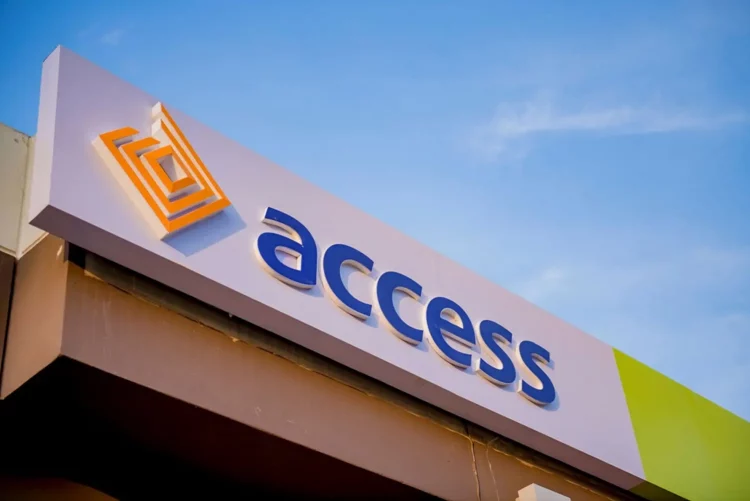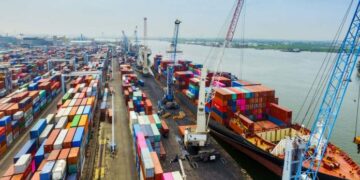Access Bank, the International Finance Corporation (IFC), and Zambia’s vice president, Mutale Nalumango, among other stakeholders, have reiterated the need for women to take ownership of their economic power and drive financial inclusion for sustainable prosperity.
Speaking at the Access Bank International Women’s Day Conference held in Lagos, the stakeholders emphasised that gender inclusivity is crucial for economic growth and called for decisive policies, corporate accountability, and personal commitment to eliminate systemic barriers hindering women’s full participation in the economy.
Access Bank also celebrated its ‘Power of 100’ initiative, which honours and supports 100 exceptional women across Africa who have demonstrated leadership, resilience, and impact in their respective fields.
Speaking at the conference, Zambia’s vice president, Mutale Nalumango, stressed that empowering women is not only a moral imperative but also a key driver of economic progress.
She highlighted the need for women to have active decision-making roles, stating, “we need to ensure that women are not just invited to the table but have an active voice in decision-making. The economic benefits of gender inclusivity are undeniable, and it is time to move from conversations to action.”
She further noted that societies investing in women tend to experience stronger economic growth, lower poverty rates, and improved social outcomes.
Access Bank reaffirmed its commitment to bridging the gender gap through strategic interventions like the ‘Power of 100.’ The deputy managing director of Access Bank, Chizoma Okoli, highlighted various initiatives aimed at supporting women entrepreneurs and professionals.
“We recognise that financial independence is a significant enabler for women. That is why we have continued to roll out programs such as the ‘W Initiative’ and the ‘Womenpreneur Pitch-a-ton Africa,’ which, alongside the ‘Power of 100,’ have provided funding, training, and networking opportunities for thousands of women across the continent,” Okoli said.
The regional director for Central Africa and Anglophone West Africa at IFC, Dahlia Khalifa, shed light on the economic impact of gender inclusion, noting that IFC’s partnership with Access Bank has been pivotal in addressing these gaps through the W Initiative.
She said, “Access Bank is one of IFC’s most committed and consistent partners in the region, with a relationship spanning more than two decades. Together, we have gone beyond financing. IFC has provided strategic advisory services to help the bank better serve women through gender-intentional product design, customer segmentation, and staff training.”
Also, the acting group managing director/CEO of Access Holdings, Bolaji Agbede emphasised the importance of leadership in dismantling gender stereotypes and creating inclusive environments.
She noted that businesses and governments must go beyond symbolic gestures and implement policies that lead to measurable change.
While Access Bank has pioneered several initiatives, Agbede called on other financial institutions to follow suit and develop frameworks that foster long-term female financial independence.











